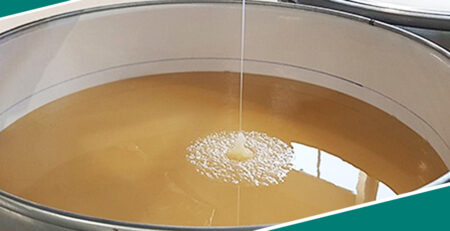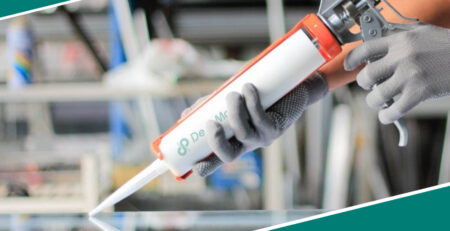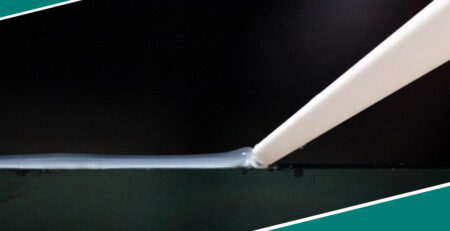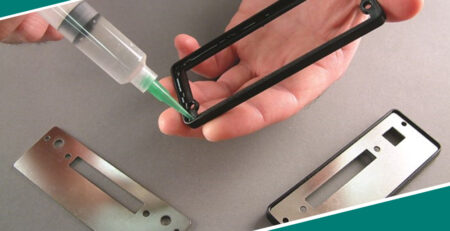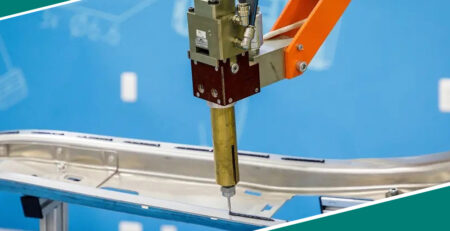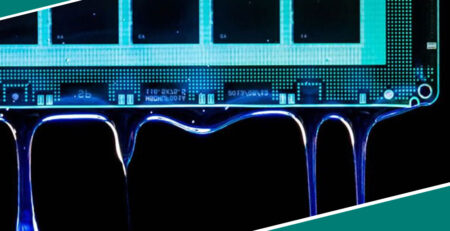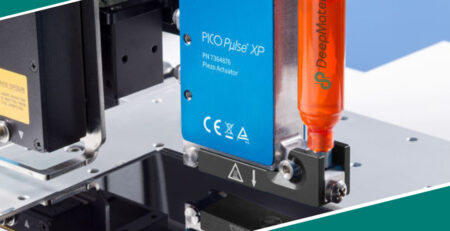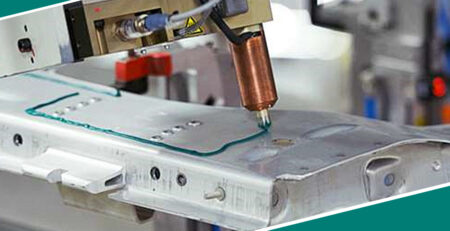Why use the glass bonding adhesive?
Why use the glass bonding adhesive?
Glass is a unique industrial material that is used in the production of various products. This is such a versatile material that is used for manufacturing various premium and high-precision instruments. Due to the unique nature of glass, it is used for producing various products. However, glass cannot be bonded so easily. This is due to its smooth surface. To enhance the bonding capabilities of this useful industrial material, a glass bonding adhesive is usually used.
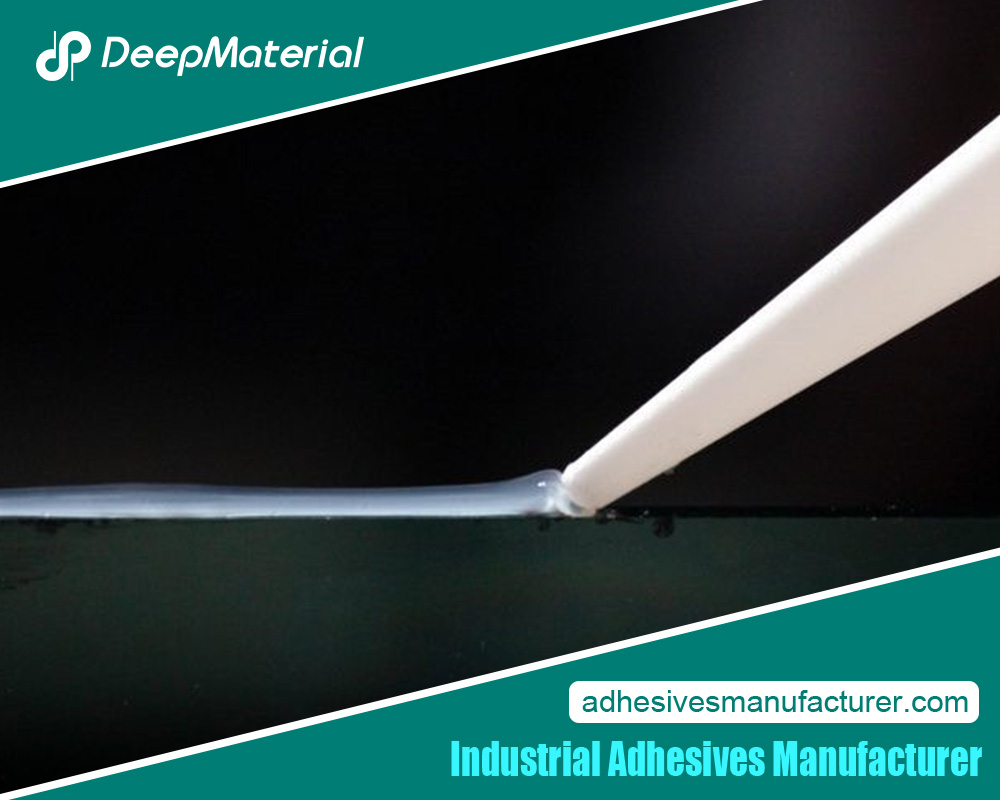 What is a glass bonding adhesive?
What is a glass bonding adhesive?
A glass bonding adhesive or glue is an industrial solution that is used for bonding glass surfaces together. This adhesive can also be used to reliably bond glasses with other materials. An industrial glass adhesive is engineered to provide durable and strong bonds between the substrates to be bonded. It is applied widely in glass product manufacture, automotive glass assembly/installation, glass structure assembly, and so on. A glass bonding adhesive features engineered properties to help them adhere easily to glasses. This way, they provide the needed structural strength for the durability of the bonded surfaces. In addition, glass adhesives have the special property of ensuring optical clarity. This helps to maintain the glass transparency for enhanced aesthetics and functionalities.
Benefits of glass bonding adhesives
Glass bonding adhesives provide several benefits which makes them great for industrial use. They are applied primarily in glass-to-glass bonding as well as when bonding glass to other substrates. The following are some of the most common benefits of using the glass bonding adhesive:
Structural integrity
Glass bonding adhesives are used extensively because of their ability to provide reliable and sustainable structural support. This is why it is possible for manufacturers to easily create durable and strong product assemblies. This benefit of an industrial glass adhesive is especially useful in assemblies where the bonded glass will have to undergo extensive stress or loads.
Beauty and aesthetics
The use of glass in various industries is usually for aesthetics. The addition of adhesives makes it possible for these aesthetic features to be enhanced. When used to bond glass components, adhesives can easily create seamless and clean appearances. This benefit of glass bonding adhesives is used extensively in the manufacture of architectural glass hardware and glass furniture.
Air- and water-tight seals
When it comes to creating air- and water-tight seals, you can easily rely on glass-bonding adhesives. These are special adhesives that can be used to create important products such as structural glass facades, automotive windshields, or aquariums.
Excellent thermal insulation
Glass bonding solutions are known for their excellent thermal properties. When used to bond glass, they are relied on to provide amazing thermal insulation. This helps to increase energy efficiency in both vehicles and buildings.
Ultraviolet resistance
Glass bonding adhesives come with amazing UV-resistant qualities. This is why they are applied in various outdoor applications whereby extended exposure to sunlight can cause some debilitating effects. The adhesives are used to prevent the glass from getting damaged or the bond from degrading due to prolonged sunlight exposure.
Great ability to resist chemicals
Glass bonding adhesives come with excellent chemical-resistant qualities which are desired in laboratory or industrial settings. With the use of glass bonding adhesives, laboratory or industrial products are prevented from getting attacked by harsh solvents or chemicals.
Shock absorption and flexibility
Glass bonding adhesives are fancied due to their flexible qualities. Due to this desired property, they allow products to undergo expansion and contraction under certain environmental conditions. In addition, this adhesive also has excellent shock absorption properties. Glass bonding adhesives are usually applied in electronic products as a way to absorb shock and other extreme physical impacts.
Can be applied easily
Glass bonding adhesives are like every other industrial bonding solution and sealant. This means that they can be applied easily through the use of an elaborate dispensing system. A glass adhesive system can be automated to increase the throughput and productivity of a certain product assembly facility. The same cannot be said for traditional mechanical fastening methods that use bolts or screws. This is an exceptional property for glass bonding solutions especially when the glass pieces have irregular shapes.
Weight reduction
Glass bonding adhesives can be applied in product assemblies that do not require much weight. Unlike traditional mechanical fasteners, glass adhesives reduce the total weight of a product. When products are manufactured with glass bonding adhesives, they are more cost-effective and efficient.
Helps to reduce noise
The application of glass bonding adhesives can be used to dampen vibrations. This way, noise transmission can be reduced significantly. Due to this special quality of the glass bonding adhesive, it can be applied easily in applications such as automotive glass and more.
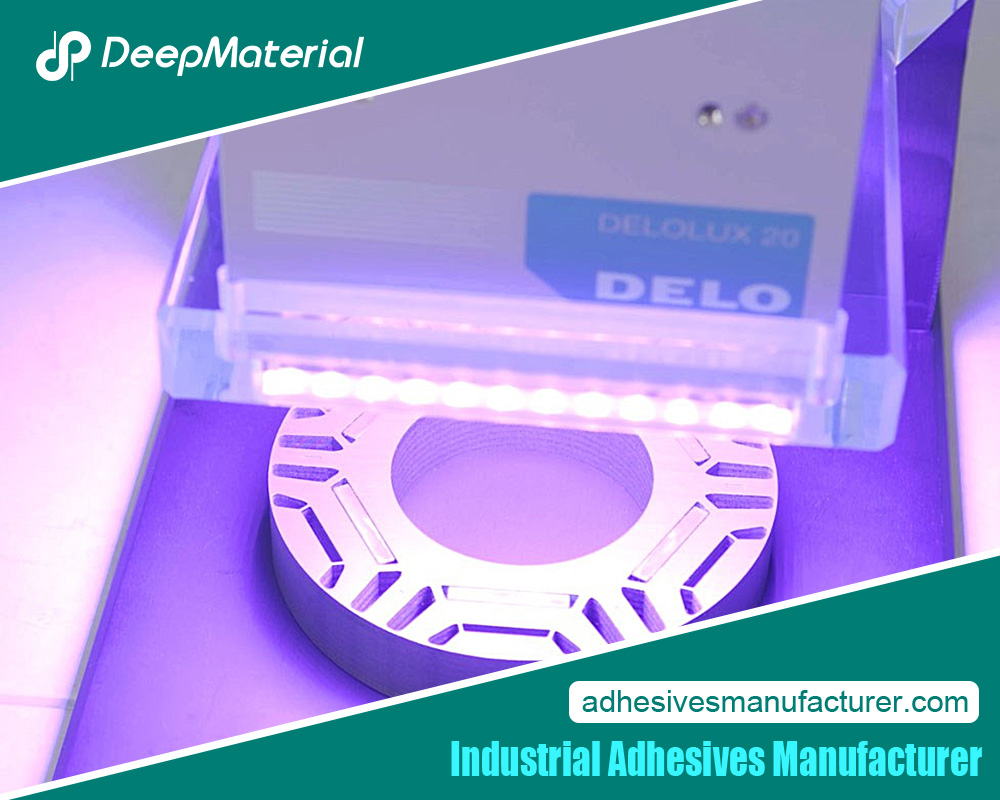 Key considerations to make when choosing a glass bonding adhesive
Key considerations to make when choosing a glass bonding adhesive
Before you choose the right glass bonding adhesive for your product assembly, you will have to consider specific requirements. Since each application has different sets of requirements, there are certain important parameters to consider. When these parameters, are considered, they can easily help you determine the right type of glass bonding adhesive for the application. These parameters include:
- The materials to be bonded:The substrates to be bonded also affect the type of adhesives to be used for the assembly. The right adhesive can help cater to any surface irregularities of the materials to be bonded.
- Environmental conditions:The prevailing environmental conditions can also play a part in considering the adhesives to use in specific applications. Examples of environmental conditions that affect the choice of adhesives are chemicals, moisture, heat, shock, and so on.
- Load to be supported:The load of the planned assembly of the substrates being bonded is a determinant factor for choosing the right adhesive. If the expected load is intense, then there is the need for you to choose a glass bonding adhesive that can provide string and durable bonds. You can also opt to choose adhesives that can guarantee durable structural integrity.
- Type of curing needed: The type of curing that you need for your application helps you decide the type of glass bonding adhesive to use. There are various curing methods such as UV curing, Ozone, and thermal curing methods.
For more about the adhesive manufacturers, you can pay a visit to Deepmaterial at https://www.adhesivesmanufacturer.com/ for more info.


